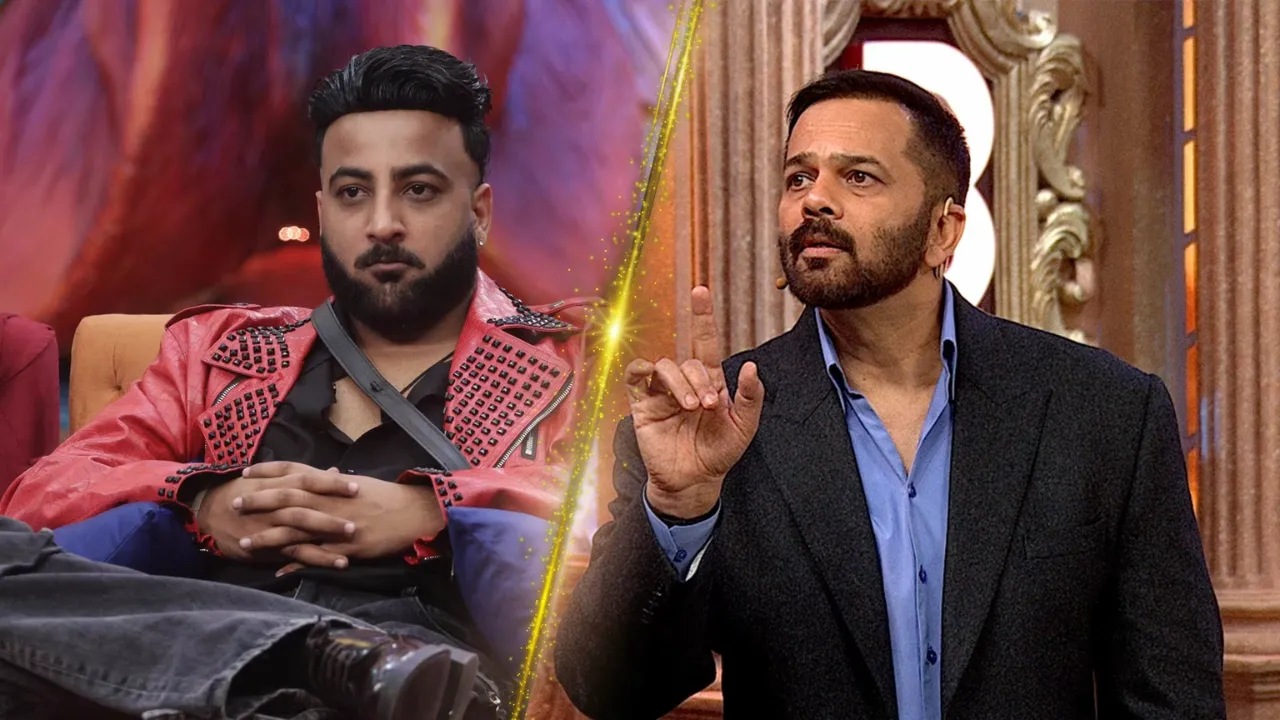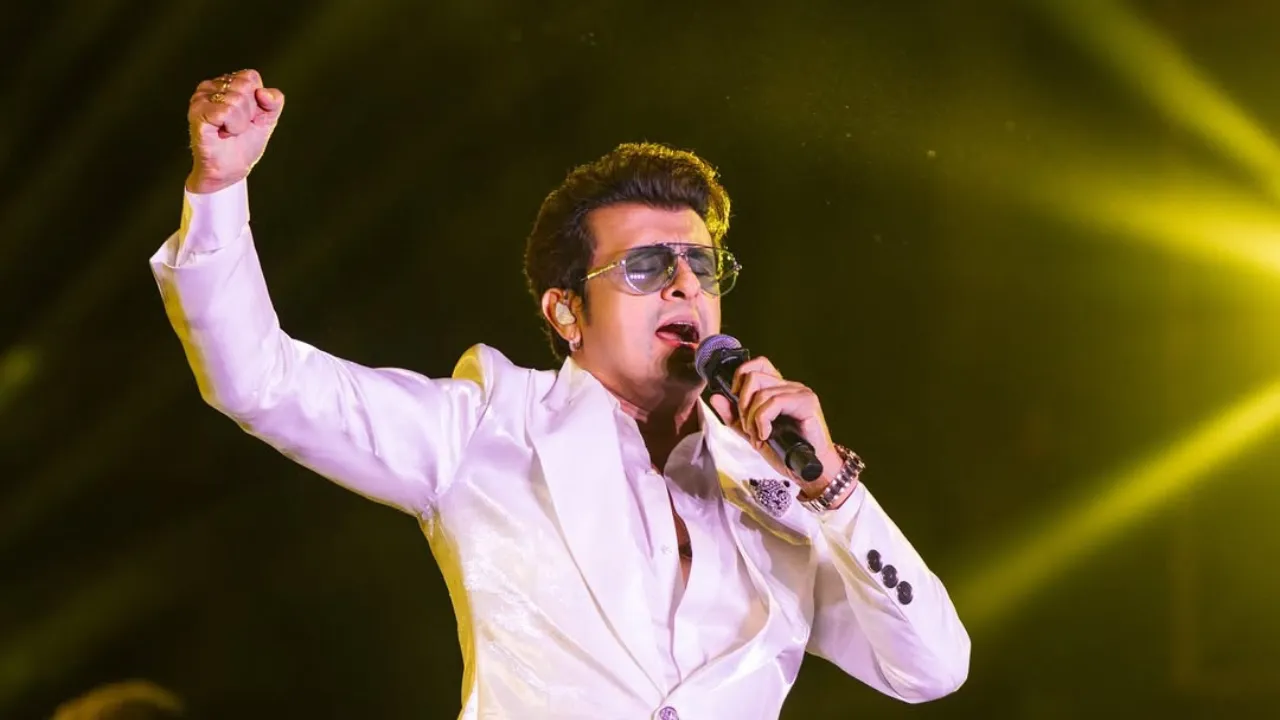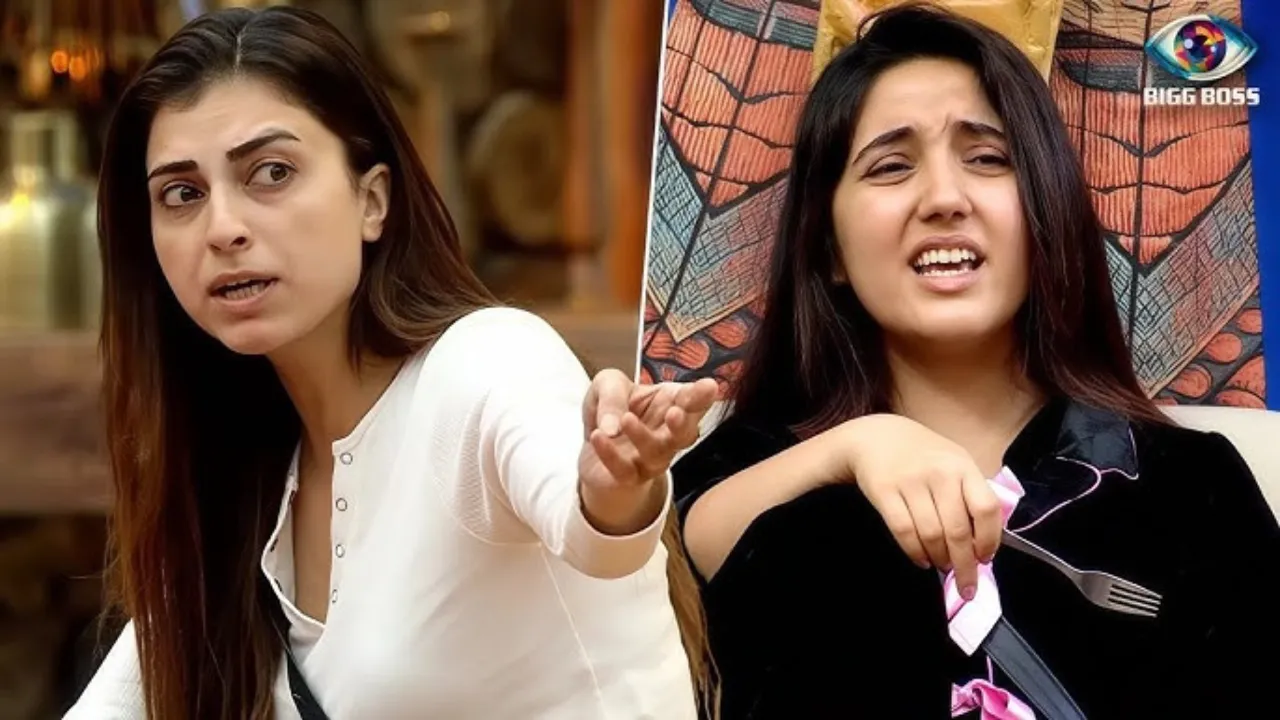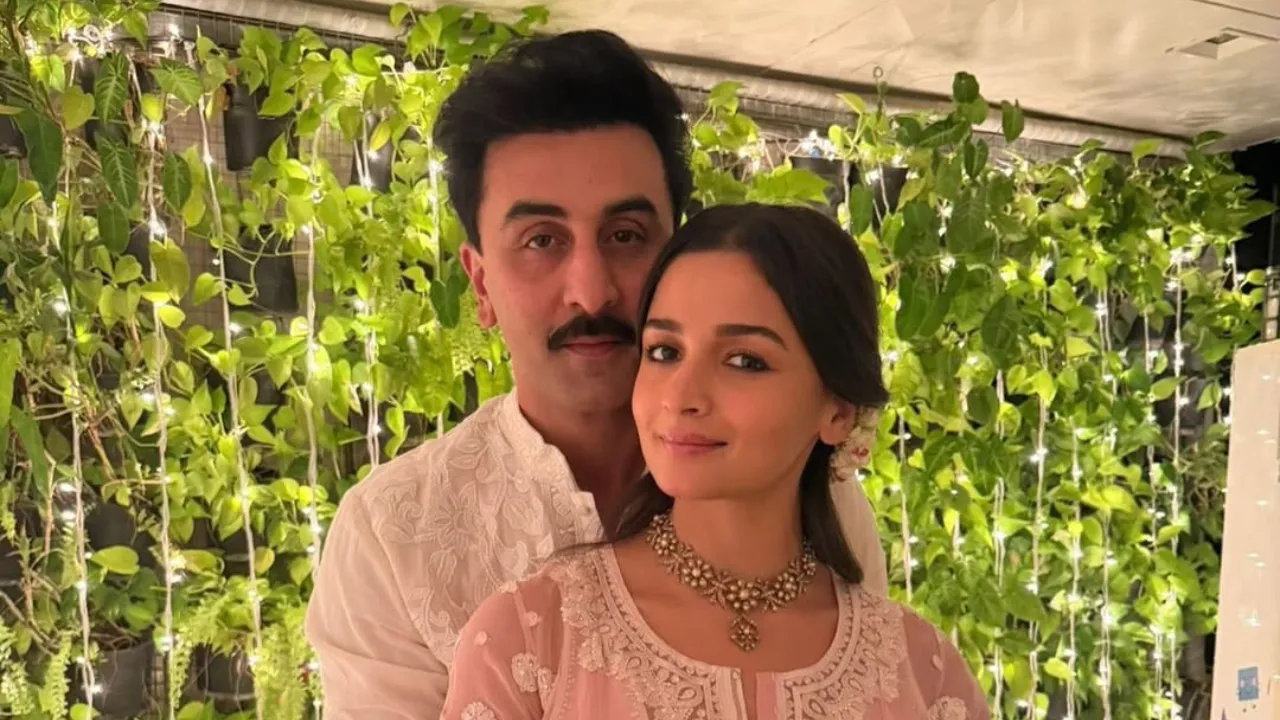Priyanka Chopra shares cryptic post amid backlash over desi “Last Christmas”
Priyanka Chopra’s return to music this week grabbed headlines — and not all of them friendly. The global star recorded a Hindi-tinged rendition of Wham!’s classic “Last Christmas” for Gurinder Chadha’s festive film Christmas Karma. The reimagined track aimed to add a desi flavor to a seasonal favorite, but social media responded with a mix of praise, confusion and sharp criticism.
Below I break down what happened, why people reacted the way they did, and what the cryptic social-media post from Priyanka Chopra might mean for the conversation.
What Priyanka Chopra released — and why it matters
Priyanka Chopra recorded a Hindi-infused version of “Last Christmas” as part of the soundtrack for Gurinder Chadha’s Christmas Karma, a family musical scheduled to release around mid-November. The track blends George Michael’s familiar melody with new Hindi lyrics and some South Asian musical touches. For many, the track marks Chopra’s first major music appearance in nearly a decade and a high-profile collaboration with a director known for celebrating the South Asian diaspora.
This matters for two reasons. First, it signals Priyanka Chopra’s re-entry into music after years focusing on acting and global projects. Second, it’s an example of a cultural remake — taking a globally loved song and adapting it for a different audience — which often invites both enthusiasm and scrutiny.
Mixed reactions: appreciation and criticism
The immediate response online was split. Some fans welcomed the novelty: they enjoyed hearing a familiar tune with Indian textures and appreciated Chopra’s star power giving the film extra visibility. Others were less kind, arguing the Hindi lyrics didn’t sit well with the original melody, or that heavy production and tuning changed the feel of the classic. A stream of reactions called the version “auto-tuned” or “butchering” the original, while other listeners praised the creative risk.
Why the strong reactions? When a beloved song is reworked, listeners measure it against nostalgia. Any shift in vocal tone, arrangement, or language becomes highly visible — and fans of the original can be quick to label changes as sacrilege or artistic reinvention, depending on taste.
The loudest complaints: technical and cultural
Two themes ran through the negative comments. The first was technical: critics singled out production elements like auto-tune and mixing choices that made the vocals sound processed to their ears. The second was cultural: some listeners felt a bilingual or Hindi version didn’t preserve the emotional nuance of George Michael’s song. Both are subjective critiques, but they explain why the debate escalated quickly on platforms like X (formerly Twitter) and Instagram.
Priyanka Chopra’s cryptic post — what she actually wrote
Amid the barrage of online comments, Priyanka Chopra shared an Instagram Story featuring a brief, pointed line: variations of “So many people have inspired me to be nothing like them” and posts about disrespect and boundaries have circulated in connection with this moment. While she didn’t link the message directly to the song’s reaction, fans read the timing as a response to online trolling. Priyanka has previously used social media to post cryptic notes about disrespect and personal boundaries, so this fits a pattern rather than being an isolated post.
Two important notes about interpreting that post:
- It’s not an official statement addressing the song, so we shouldn’t treat it as a formal response.
- Public figures often use short social posts as emotional outlets rather than detailed explanations — especially when the conversation turns negative.
Context: celebrity comebacks and the internet environment
Celebrities making artistic comebacks face an amplified spotlight today. A single clip can go viral worldwide within hours; that virality often amplifies fringe opinions and encourages quick judgments. Priyanka Chopra’s cross-market identity — a Bollywood icon with an international profile — also means she’s evaluated by diverse audiences with different cultural expectations. That contrast helps explain why the same release drew both celebration and derision.
For artists, that environment demands a tolerance for polarized reception. Some comebacks are steadied by patient rollout strategies (teasers, artist interviews explaining creative choices) — approaches that can help frame the narrative and ease backlash. In this case, the song dropped and social media immediately filled in the rest.
What this means for Priyanka Chopra and Christmas Karma
A viral debate doesn’t always hurt a project — it can increase curiosity and views. Christmas Karma is already getting attention because of the controversy, and streaming or soundtrack numbers will show whether listeners gave the track a fair chance or just chimed in with instant reactions.
For Priyanka Chopra personally, the moment underlines a few simple realities:
- Public response to art is subjective and often extreme.
- Social-media backlash can be emotionally heavy, but it’s rarely the final word on a work’s value.
- Strategic communication (interviews, behind-the-scenes context) can help shape longer-term reception.
If the film and soundtrack team choose to respond — with an interview, a behind-the-scenes look at the recording process, or a director’s note on the artistic intent — the backlash could turn into an opportunity for deeper engagement.
Bottom line: listen, don’t rush to judge
Priyanka Chopra’s desi version of “Last Christmas” is a bold creative choice: it brings a South Asian voice to a Western holiday standard and invites a fresh conversation about cultural adaptation and artistic risk. The immediate social-media reaction was predictable — loud and mixed. The cryptic Instagram post added an emotional dimension, but didn’t change the facts: a new rendition is out, people are talking, and the film’s release will be the next big moment to watch.
If you haven’t yet, the fair approach is simple: listen to the full track, read about the creative team’s intent, and form your opinion after hearing it in context — not only from a clip or a headline.
Also Read: Final Supermoon of 2025 Peaks Dec 4!


































